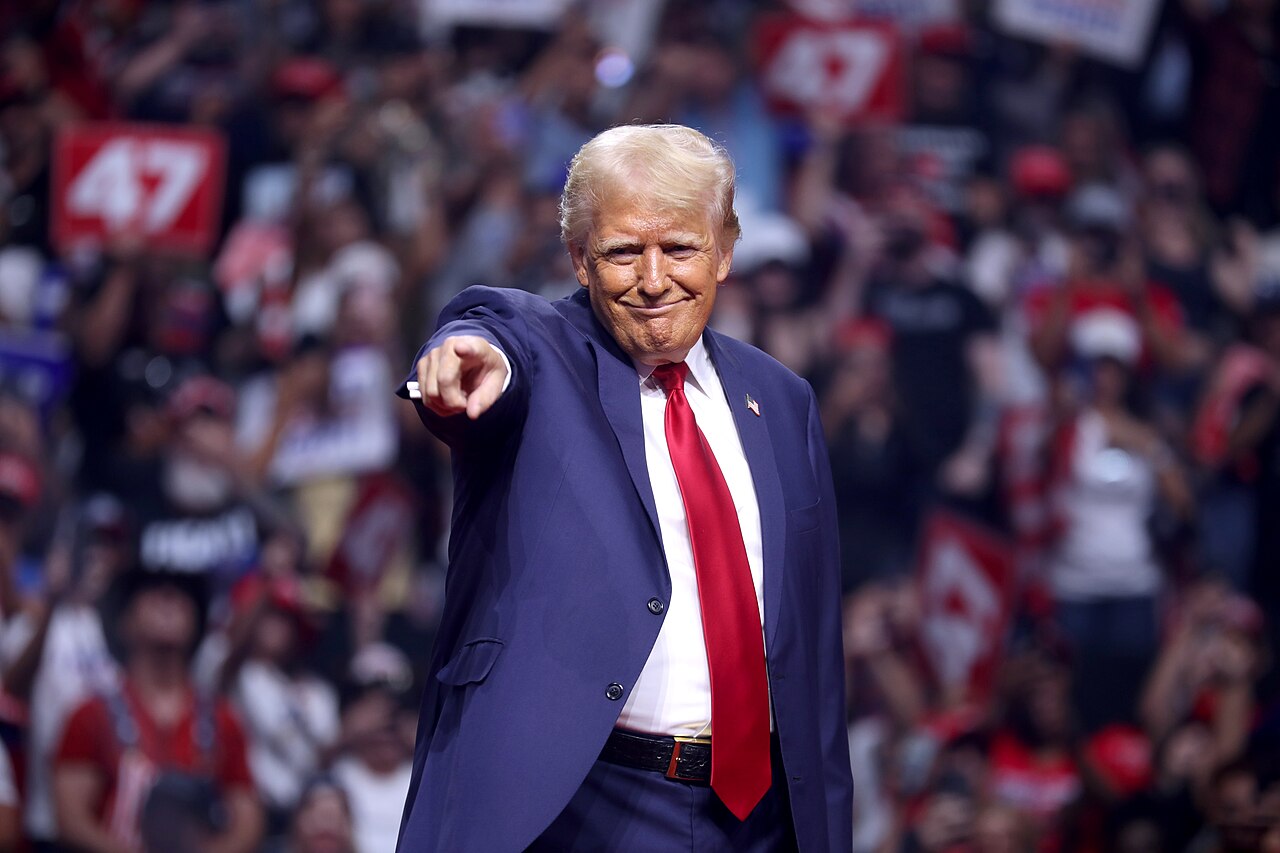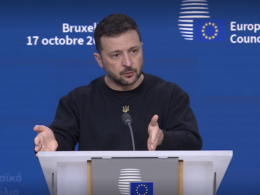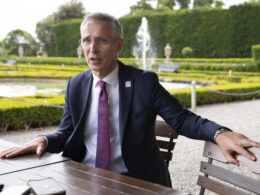Advisers to President-elect Donald Trump are crafting a wide-ranging sanctions strategy to facilitate a Russia-Ukraine diplomatic accord in the coming months while at the same time squeezing Iran and Venezuela, people familiar with the matter said.
As reported by Bloomberg, the outgoing Biden administration on Friday 10 January imposed the most disruptive sanctions on Russia’s oil trade by any Western power to date. The move created an open question about how Trump views the measures, given his commitment to quickly ending the war in Ukraine.
There are two main approaches under consideration by the Trump team. One set of policy recommendations — if the incoming administration believes a resolution to the Ukraine war is in sight — involves some good-faith measures to benefit sanctioned Russian oil producers that could help seal a peace deal, said the people, requesting anonymity as the deliberations are private.
A second option would build on the sanctions, ramping up pressure even further to increase leverage, they said.
The approach that Trump ultimately chooses is pivotal to the global oil market. Brent futures have gained almost $5 a barrel since Biden’s measures were announced. Some analysts anticipate further gains, something that would drive up fuel costs around the world.
The Trump team’s plans are in the early stages and ultimately depend on the president-elect himself, the people said.
Last week, Trump said a meeting with Russian President Vladimir Putin was being set up, raising the prospect of potential near-term negotiations to end the war.
The strategy discussions include some of Trump’s cabinet nominees as well as former sanctions officials in his first administration, the people said. Several conservative-leaning think tanks are also being sounded out. The transition team has yet to announce Trump’s picks for some key roles involved in economic statecraft.
Trump’s advisers will ultimately be wrestling with the same question as the Biden administration — how to avoid major supply and price disruptions to the oil market at a time when Washington has extensive sanctions on three of the world’s top producers.
Another challenge: Calibrating the right balance between leveraging the tools of economic warfare with the desire to maintain the dollar’s status as the global reserve currency.
Related:
- Trump’s Ukraine envoy plans January trip to Kyiv, other European capitals
- Reuters: NATO takes over coordination of military aid to Kyiv from US
- NBC News: Trump team in talks with Biden and Ukrainian officials about ending war with Russia
- Bloomberg: US considers new Russia oil sanctions to weaken Putin ahead of Trump presidency
- El País: Zelenskyy launches diplomatic push to keep Trump’s support for Ukraine





